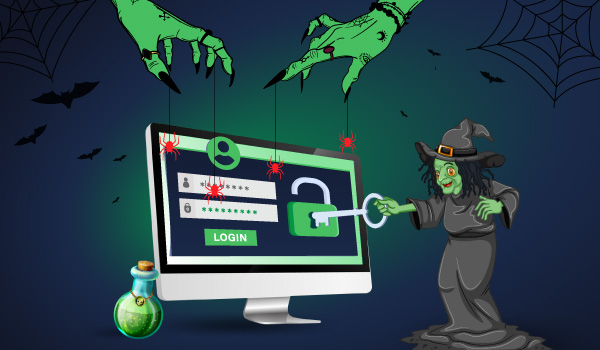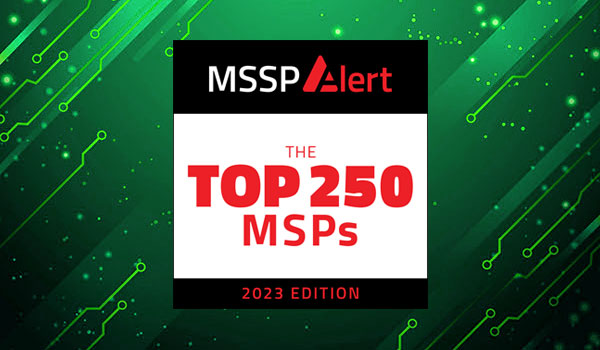3 min read
Highlights from the 2016 Verizon Breach Investigations Report (Part 1 of 3)
The 80 page 2016 Verizon Breach Investigation Report is packed with valuable insights that every business owner should be aware of to be inform about the dangers & effects of a data breach and prevent it too.
We know time is valuable so we decided to save you some time and point out to you the 3 main topics you should understand from this report:
1. Who is at risk and why?
2. What tools are hackers using to access businesses’ networks
This week, let’s focus on who is at risk.
Unfortunately, there is no region, industry or organization that is risk-free from hackers. Every business possesses valuable information that attracts hackers.
However, some industries get impacted more than others.
As per the report’s definition, an incident is a security event that compromises the confidentiality, integrity, or availability (CIA) of an information asset. A breach is the confirmed disclosure, not just the potential exposure of data to an unauthorized party.
The financial services industry took the lead with 795 breaches in 2015.
This should not be a surprise, as the information that financial firms and banks hold is vital. Hackers entering the network of any of these businesses in the financial industry will have access to customers’ account numbers, social security numbers, date of birth, addresses, and it goes on. This is all a hacker needs to steal a person’s identity and sell it.
“The financial sector ranks behind healthcare and pharmaceuticals in per capita data breach cost at $259 per record lost. In 2015 alone, over 169 million records were exposed.”
The accommodation (lodging) industry was greatly impacted last year and stands in second place with 282 breaches.
Trump’s hotels and Rosen Hotels & Resorts were just a couple of the hotels that made the headlines. In these particular breaches, their payment card network was the one infected.
This mean that names, payment card numbers, expiration dates and CVV codes for cards used at these hotels were collected by hackers – different data than obtained from financial businesses, but vital nonetheless.
The fact that the payment card network was hacked shows that it can happen to just about any business who takes credit cards, not just hotels.
Rounding out the top 5 industries breached in 2015 is finance (795), accommodation (282), information (195), public (193) and Retail (137).
Whether your business’ industry made the top 5 or not, it doesn’t mean you are off the hook. Regardless of size, industry or location, any business that holds customers’ data in their network, processes payment data or offers free Wi-Fi to guests, is an attractive target to hackers. Does your business fall into one of these 3 categories?


